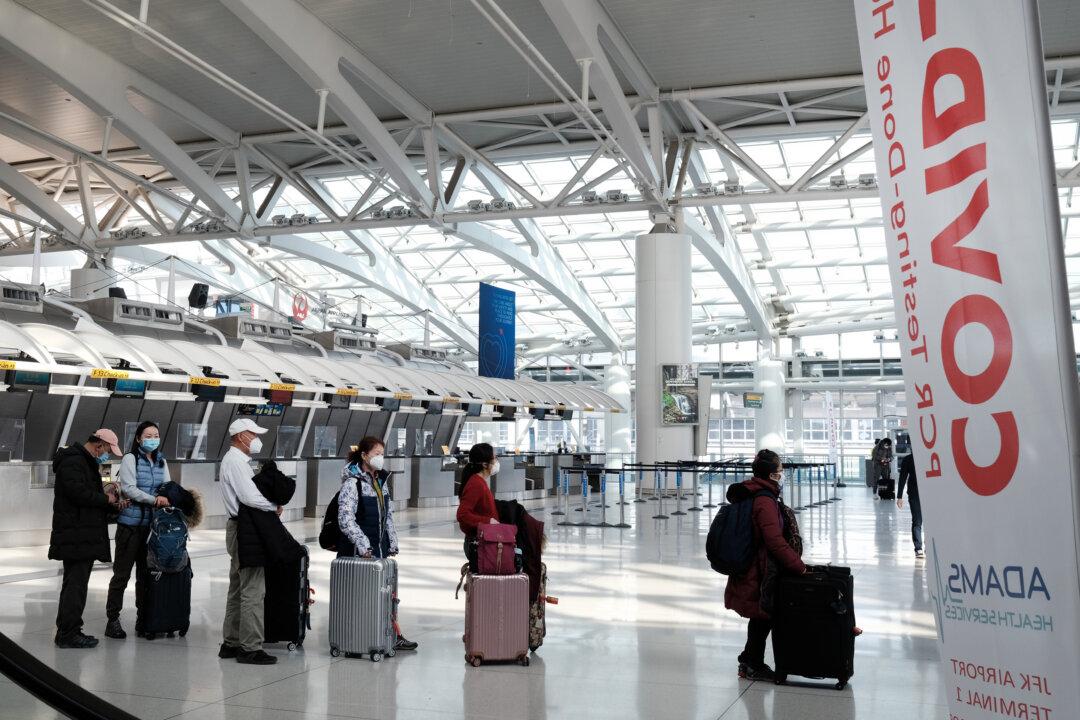The House on Wednesday voted largely on party lines to advance a bill that limits the president’s authority to issue travel bans on foreign nationals from entering the United States.
House Democrats introduced the bill, known as the National Origin-Based Antidiscrimination for Nonimmigrants (NO BAN) Act, as a response to former President Donald Trump’s 2017 travel ban that restricted entry for foreign nationals from several terror-prone countries. The initiative drew opposition from Democrats and activists, who dubbed the measure as a “Muslim ban” because Trump’s initial order largely named countries with a predominantly Muslim population.




